Op-Ed: Money Burns Too
A Los Angeles County Fire Department firefighter battles the Creek Fire on Tuesday. This week’s fires have been especially bad due to extreme Santa Ana winds. Image source: LA County Fire Department.
I can’t stop thinking this isn’t how it’s supposed to be. Yet, maybe at the same time, it’s exactly what it’s supposed to be.
I’ve lived in Los Angeles all my life, a city founded on the dangerously hierarchical entertainment industry — where people earn random titles and badges of glory either off their own talent or riding on the backs of others. But regardless of which group they fall into, one thing is the same throughout: money equates to power. Or at least I thought it did.
I sat in front of my TV watching Ventura County go up in the flames of the Thomas Fire this past week, and I put on a surgical mask as I walked from class to class because ash from the Creek Fire filled the Brentwood Village air. My community and I said a quick, empty prayer for those that were suffering, and we moved on with our lives.
We didn’t bat an eye or start to get our things ready because such devastation could never touch our neighborhoods. Such a tragedy would never ravish people that can control everything with a flick of a pen on their checkbooks. A college rejection is overridden by a piece of priceless art sent to the university’s door step. A job interview is clinched by a mention of the multimillion dollar business you’re in line to inherit.
All I’d ever strived for in life was to be successful. To get one of the coveted jobs at the top of the food chain and to live in a palace surrounded by things upon things. I truly believed that this kind of success made you unbreakable.
But natural disaster proved me wrong.
When I checked my phone the morning of Dec. 7, I saw a panicked email from a frightened sixth grader. She was wondering if her Bel Air home was anything more than ashes; I was completely dejected. Now it was my friends and family and their million-dollar homes that were being swept away by a play in nature’s playbook. This wasn’t how it was supposed to be.
I sat reading articles exclaiming, “Neighborhoods including Bel Air and Mandeville Canyon — home to Gywneth Paltrow and Ari Emanuel — have been evacuated” and “Rupert Murdoch’s Vineyard Estate Hit.”
Didn’t all these people have immunity? Didn’t their success shelter them?
I spent so many hours of my life believing that if I worked hard I could have all the power in the world and all the stuff I could get my hands on. But this wealth would never make me immortal. Money would only cultivate anxiety fueled by materialism and the feelings of perpetual inadequacy.
In my research class, I tried to trace the evolution of mental health disorders and how one instance of faulty mitosis could lead to thousands of people whose minds were their greatest enemies. While I couldn’t track the internal factors, I kept stumbling upon the deadly external ones. I learned about the invigorating high “stuff” brings people, like the infatuation that comes with receiving a present or getting a bonus. But like any drug, the exhilaration eventually runs out and you’re left wanting more. It’s the classic line that money can’t buy happiness.
So when our momentary joy trails off into dissatisfaction, the corrupt free market we live in tells us the only way to feed our withdrawals is to buy something new. It’s a soul-sucking cycle that leaves us feeling emptier and emptier. Not only is money an empty treasure box of fulfillment, it’s a capitalist microcosm our civilization has created. It’s not how nature works.
Cavemen sprinted for their lives barefoot and empty-handed upon seeing tigers coming towards them. Noah took the bare minimum of two of each animal onto his boat, just enough to repopulate and start again.
The planet doesn’t care about how much your last movie deal sold for, and that’s exactly how it’s supposed to be. Money can’t save us from the world, and it can’t save us from our own demons. It can only create them.
Yes, mutated repetitions of an allele may be responsible for OCD and depression. But this false system we’ve created, where we conflate greed with happiness, counters the primal way we’re supposed to live. Trying to challenge that can only drive us to insanity. When a house burns down we’re supposed to run barefoot and empty-handed like those cavemen, not stopping to go back for our diamonds and pearls
When a house burns down we’re supposed to run barefoot and empty-handed like those cavemen, not stopping to go back for our diamonds and pearls. Yet, this plutocracy we’ve established has fueled an irrational attachment to luxuries. We’ve become so ingrained in the belief that stuff brings us happiness that we lose sleep over trying to maximize how much stuff we have and how we can make more money to buy more stuff.
Losing everything we own doesn’t feel like we’re thriving, but the idea that our net worth measures success is a complete man-made construct. Getting out of a fire means nature just played its king and you’ve just checked mate.
So while it’s a punch in the gut to hear, making it out of a fire with absolutely nothing but the clothes on your back and safe family members at your side isn’t loss — it’s survival. That’s the only currency nature ever intended to measure human success with.



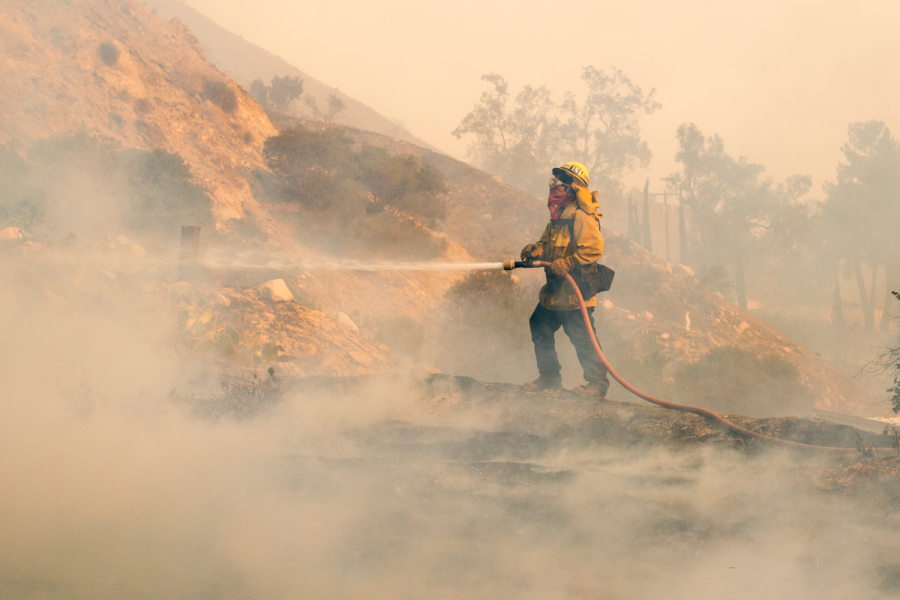
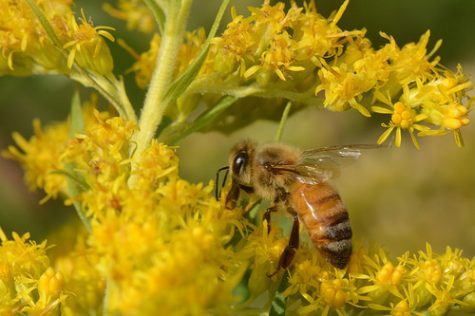
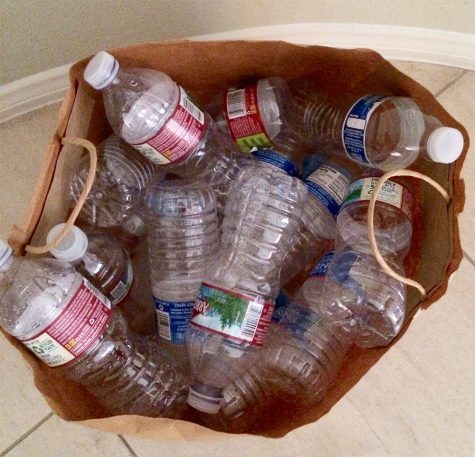
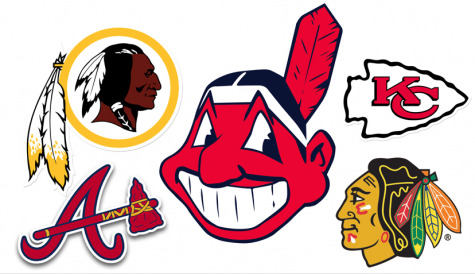
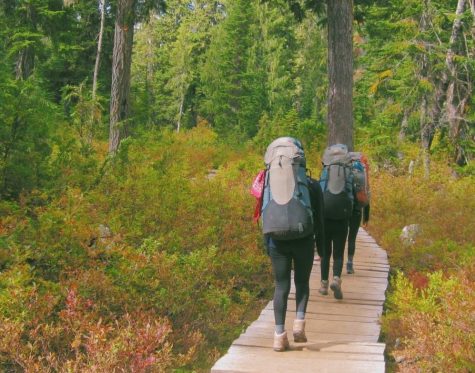

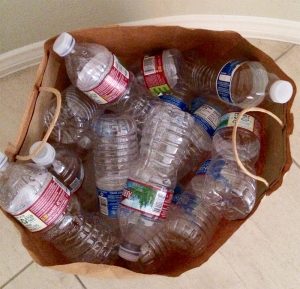
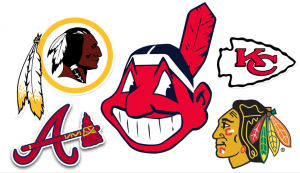


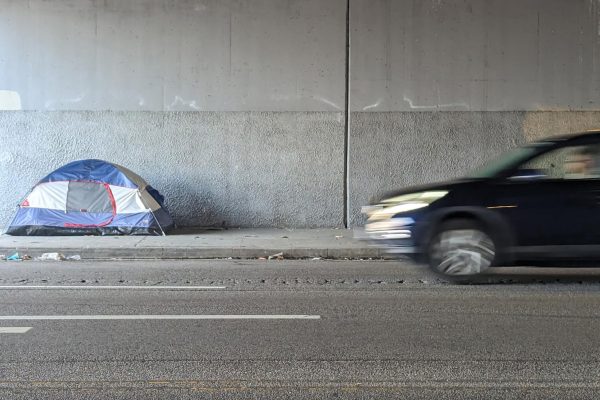
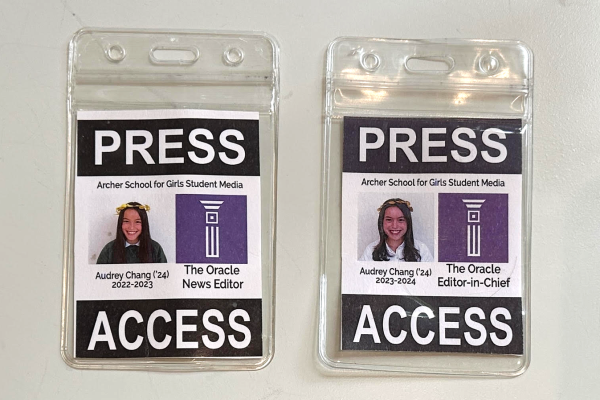
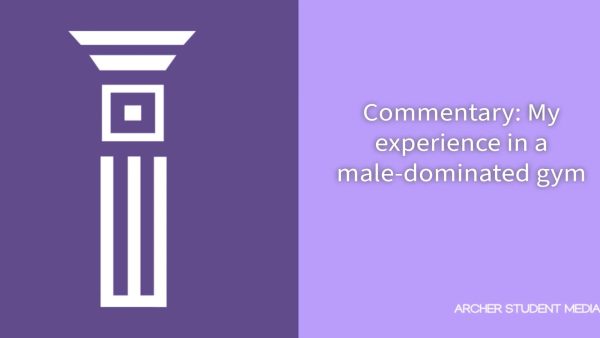
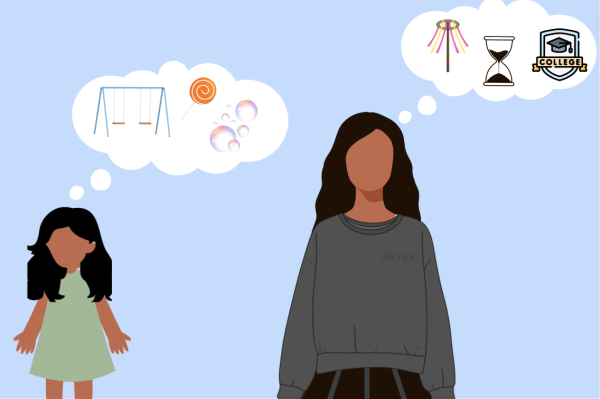
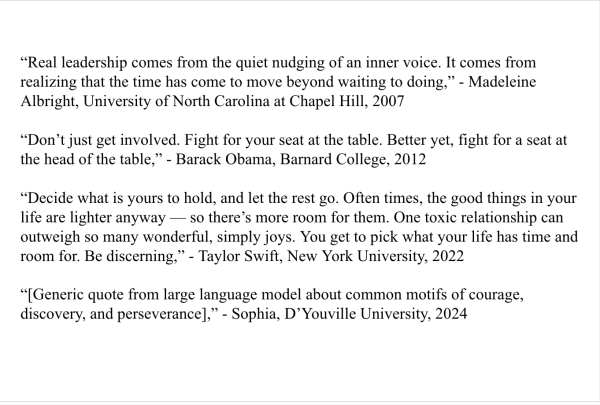
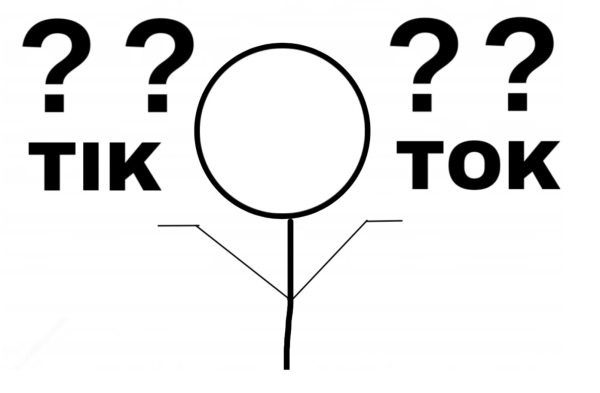
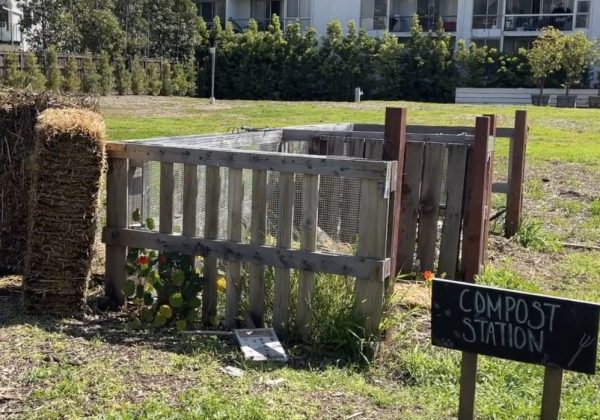
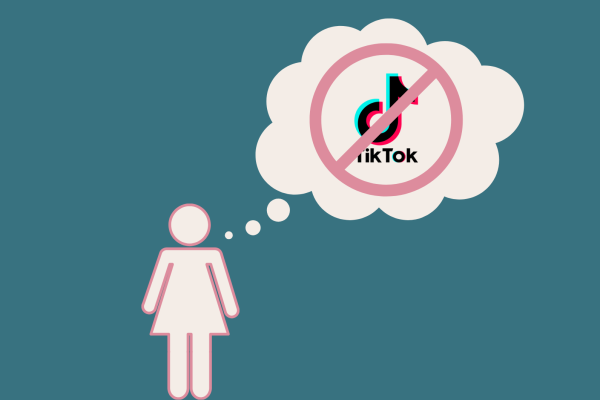


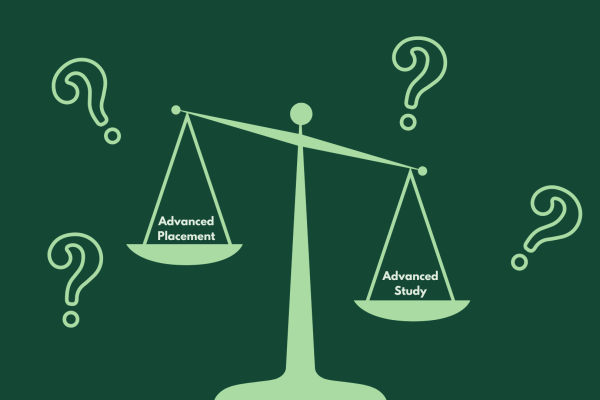
Jen Dohr • Dec 15, 2017 at 10:20 pm
Erica- What an important, thoughtful piece. As your English teacher, I’m so proud that you turned to writing to deeply reflect on the powerful lessons the wildfires continue to teach us. Thank you for sharing your new perspectives with the Archer community; your Op-Ed is a gift.
Erica Dick • Dec 31, 2017 at 8:41 pm
Thanks, Ms. Dohr! Proud to say I wrote it with Trimble’s voice in the back of my head.
Travis Nesbitt • Dec 15, 2017 at 4:41 pm
Erica, this is such a thoughtful and well-written piece. As your French teacher, I’m reminded of the critique of consumer society in which activists turned Descartes’ proposition “je pense, donc je suis (I think, therefore I am);” into “je consomme, donc je suis (I consume, therefore I am).” Based on this piece, I’m hopeful that you and your peers are returning to a mindset where your ideas are at the forefront instead of what you buy or possess.
Erica Dick • Dec 31, 2017 at 8:39 pm
Thank you! And I hope so too.
Anna Allgeyer • Dec 12, 2017 at 9:05 pm
Erica, this is such an amazing Op-Ed – definitely will stick in my brain as we continue to witness environmental events that do not discriminate based on race, class, or status. Nature doesn’t care who you are, and you did a wonderful job at explaining the complexities of this. I hope everybody gets a chance to read this piece.
Erica Dick • Dec 31, 2017 at 8:47 pm
Love you, Anna! Glad it effected you this much